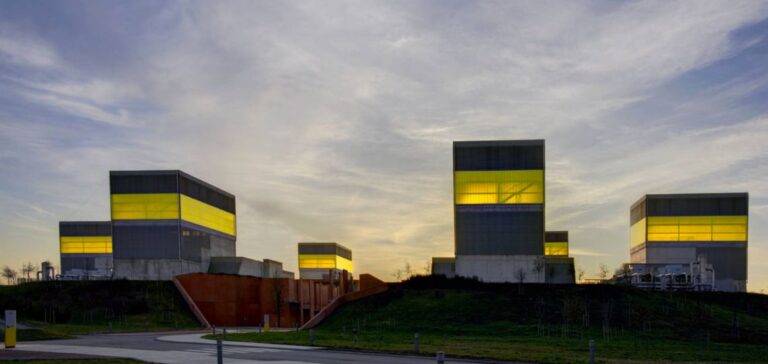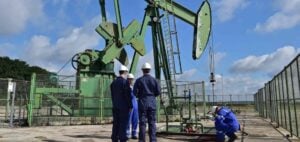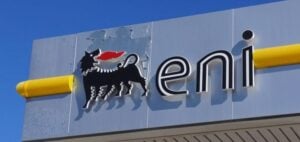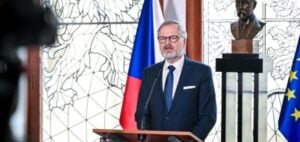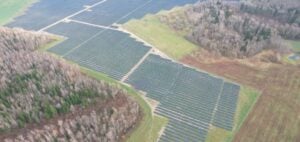Eni and PASQAL announce collaboration to develop HPC solutions for the energy sector using quantum computing.
A strategic partnership
Eni and PASQAL will collaborate to study the application of quantum technology in the energy sector. Thanks to its full-stack approach, PASQAL develops unique and proprietary quantum algorithms. The goal is to enhance existing HPC workflows for a wide range of energy applications under consideration by Eni.
Eni is investing in digital technologies to increase the efficiency of its operations. The goal will create new businesses and support net reductions in GHG emissions. Ultimately, the goal is to offer fully decarbonized products and services by 2050.
The Italian company operates one of the most powerful supercomputers in the world. It is located in Eni’s Green Data Center in Ferrera Erbognone, Italy. In addition, it is one of the most sustainable and energy-efficient data centers in the world.
Multiple applications
Eni applies calculation methods to a wide variety of different applications. The company studies numerical simulations of basins and reservoirs, magnetic fusion and renewable energy. Using PASQAL’s proprietary algorithms will allow the company to accelerate these research areas and unlock new capabilities.
Dario Pagani, Eni’s head of digital and high-performance computing, says:
“Digital and high-performance computing is the engine that makes us faster, more efficient and more accountable. Our HPC system is an essential tool for exploring the energy of the future. PASQAL’s quantum computers will enable us to complement our traditional HPC workflows in areas such as optimization and machine learning and accelerate our research to create new solutions to the energy industry’s most pressing problems.”
This R&D collaboration builds on Eni’s 2021 Series A investment in PASQAL. PASQAL is using this funding to build its current 100-qubit commercial quantum computer and develop its next-generation systems.
PASQAL builds quantum computers from ordered neutral atoms in 2D and 3D arrays. In this way, the company brings a practical quantum advantage to its customers and solves real-world problems. In addition, the company secured more than €40 million in financing, combining equity and non-dilutive financing.

